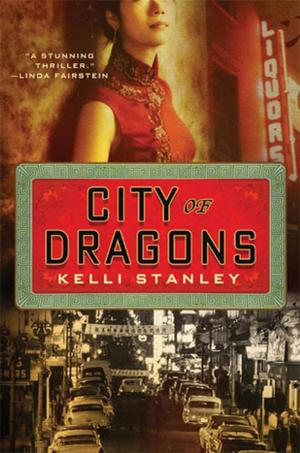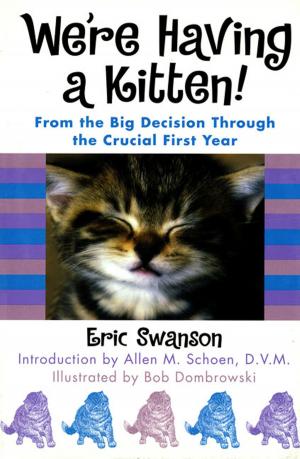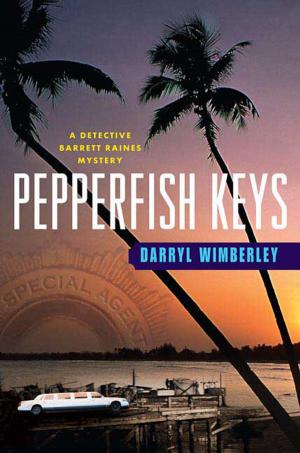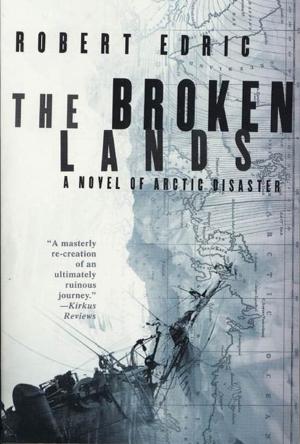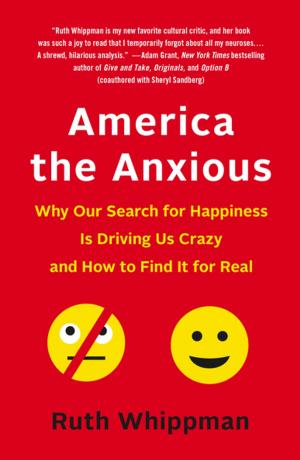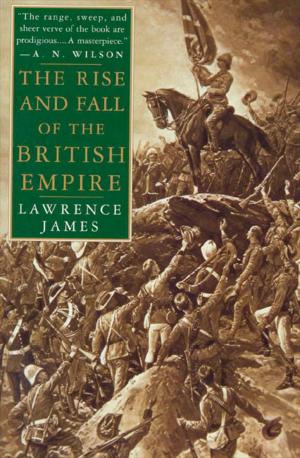An Enormous Crime
The Definitive Account of American POWs Abandoned in Southeast Asia
Nonfiction, History, Military, Vietnam War, Asian, Biography & Memoir, Historical| Author: | Bill Hendon, Elizabeth A. Stewart | ISBN: | 9781429922906 |
| Publisher: | St. Martin's Press | Publication: | October 14, 2008 |
| Imprint: | Thomas Dunne Books | Language: | English |
| Author: | Bill Hendon, Elizabeth A. Stewart |
| ISBN: | 9781429922906 |
| Publisher: | St. Martin's Press |
| Publication: | October 14, 2008 |
| Imprint: | Thomas Dunne Books |
| Language: | English |
The dramatic history of living American soldiers left in Vietnam, and the first full account of the circumstances that left them there
An Enormous Crime is nothing less than shocking. Based on thousands of pages of public and previously classified documents, it makes an utterly convincing case that when the American government withdrew its forces from Vietnam, it knowingly abandoned hundreds of POWs to their fate. The product of twenty-five years of research by former Congressman Bill Hendon and attorney Elizabeth A. Stewart, An Enormous Crime brilliantly exposes the reasons why these American soldiers and airmen were held back by the North Vietnamese at Operation Homecoming in 1973 and what these men have endured since.
Despite hundreds of postwar sightings and intelligence reports telling of Americans being held captive throughout Vietnam and Laos, Washington did nothing. And despite numerous secret military signals and codes sent from the desperate POWs themselves, the Pentagon did not act. Even in 1988, a U.S. spy satellite passing over Sam Neua Province, Laos, spotted the twelve-foot-tall letters "USA" and immediately beneath them a huge, highly classified Vietnam War-era USAF/USN Escape & Evasion code in a rice paddy in a narrow mountain valley. The letters "USA" appeared to have been dug out of the ground, while the code appeared to have been fashioned from rice straw (see jacket photograph).
Tragically, the brave men who constructed these codes have not yet come home. Nor have any of the other American POWs who the postwar intelligence shows have laid down similar codes, secret messages, and secret authenticators in rice paddies and fields and garden plots and along trails in both Laos and Vietnam.
An Enormous Crime is based on open-source documents and reports, and thousands of declassified intelligence reports and satellite imagery, as well as author interviews and personal experience. It is a singular work, telling a story unlike any other in our modern history: ugly, harrowing, and true.
From the Bay of Pigs, where John and Robert Kennedy struck a deal with Fidel Castro that led to freedom for the Bay of Pigs prisoners, to the Paris Peace Accords, in which the authors argue Kissinger and Nixon sold American soldiers down the river for political gain, to a continued reluctance to revisit the possibility of reclaiming any men who might still survive, we have a story untold for decades. And with An Enormous Crime we have for the first time a comprehensive history of America's leaders in their worst hour; of life-and-death decision making based on politics, not intelligence; and of men lost to their families and the country they serve, betrayed by their own leaders.
The dramatic history of living American soldiers left in Vietnam, and the first full account of the circumstances that left them there
An Enormous Crime is nothing less than shocking. Based on thousands of pages of public and previously classified documents, it makes an utterly convincing case that when the American government withdrew its forces from Vietnam, it knowingly abandoned hundreds of POWs to their fate. The product of twenty-five years of research by former Congressman Bill Hendon and attorney Elizabeth A. Stewart, An Enormous Crime brilliantly exposes the reasons why these American soldiers and airmen were held back by the North Vietnamese at Operation Homecoming in 1973 and what these men have endured since.
Despite hundreds of postwar sightings and intelligence reports telling of Americans being held captive throughout Vietnam and Laos, Washington did nothing. And despite numerous secret military signals and codes sent from the desperate POWs themselves, the Pentagon did not act. Even in 1988, a U.S. spy satellite passing over Sam Neua Province, Laos, spotted the twelve-foot-tall letters "USA" and immediately beneath them a huge, highly classified Vietnam War-era USAF/USN Escape & Evasion code in a rice paddy in a narrow mountain valley. The letters "USA" appeared to have been dug out of the ground, while the code appeared to have been fashioned from rice straw (see jacket photograph).
Tragically, the brave men who constructed these codes have not yet come home. Nor have any of the other American POWs who the postwar intelligence shows have laid down similar codes, secret messages, and secret authenticators in rice paddies and fields and garden plots and along trails in both Laos and Vietnam.
An Enormous Crime is based on open-source documents and reports, and thousands of declassified intelligence reports and satellite imagery, as well as author interviews and personal experience. It is a singular work, telling a story unlike any other in our modern history: ugly, harrowing, and true.
From the Bay of Pigs, where John and Robert Kennedy struck a deal with Fidel Castro that led to freedom for the Bay of Pigs prisoners, to the Paris Peace Accords, in which the authors argue Kissinger and Nixon sold American soldiers down the river for political gain, to a continued reluctance to revisit the possibility of reclaiming any men who might still survive, we have a story untold for decades. And with An Enormous Crime we have for the first time a comprehensive history of America's leaders in their worst hour; of life-and-death decision making based on politics, not intelligence; and of men lost to their families and the country they serve, betrayed by their own leaders.





